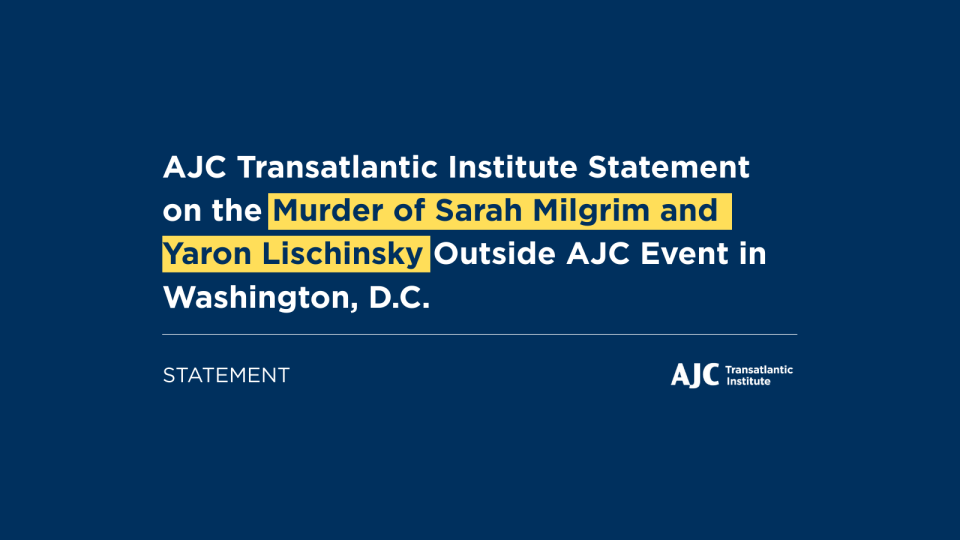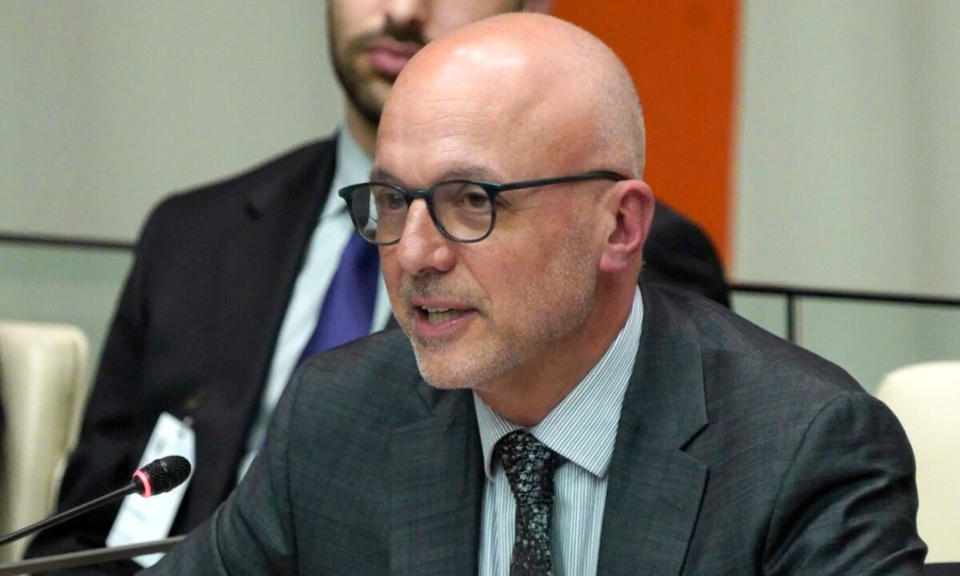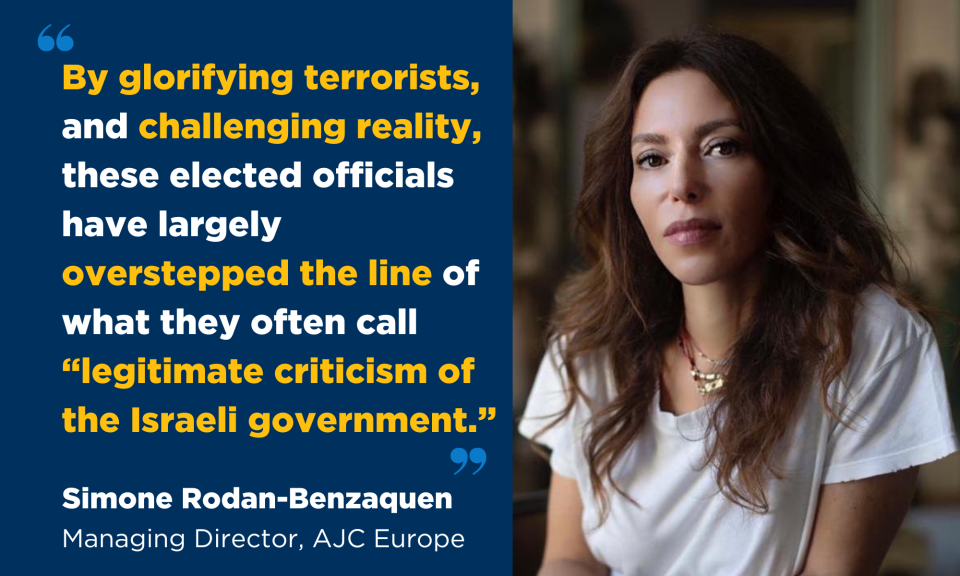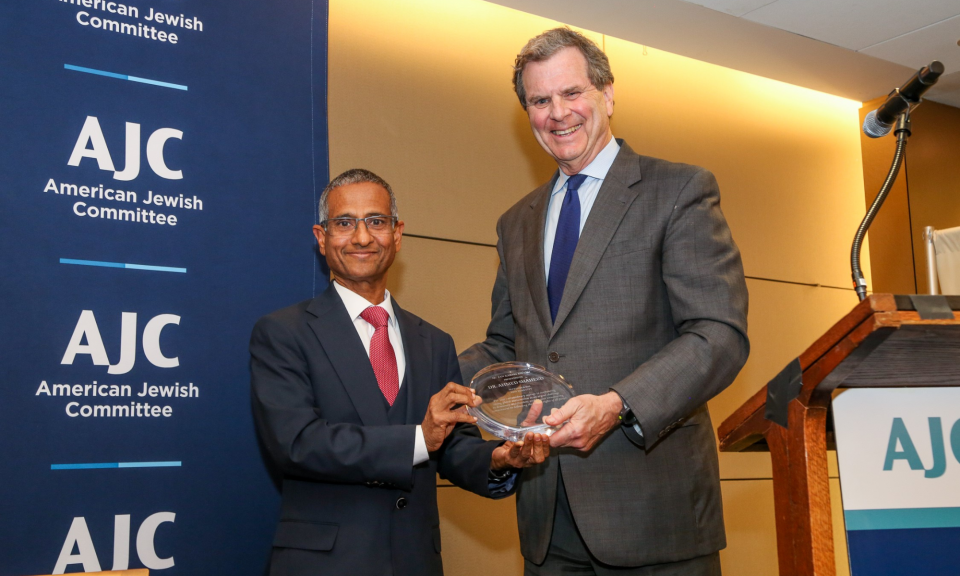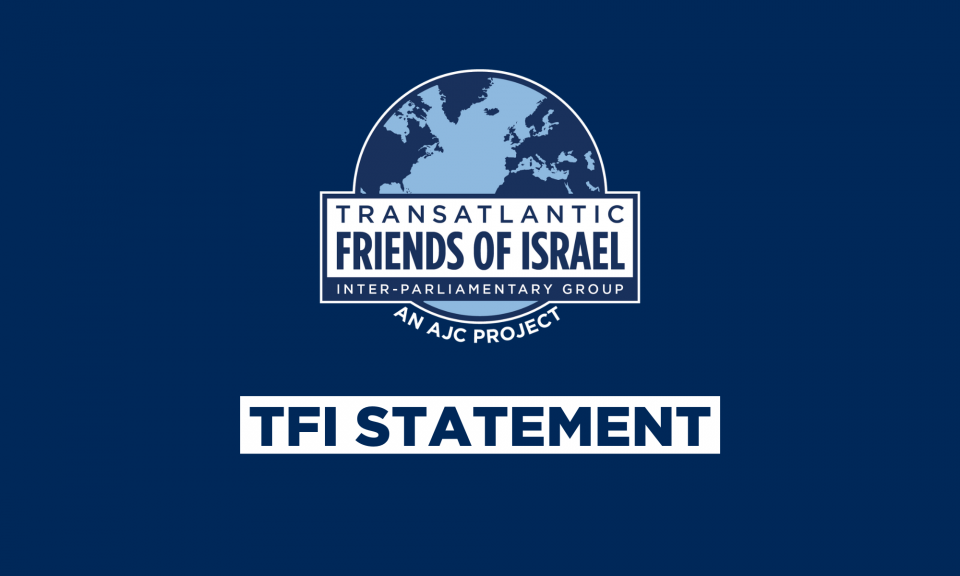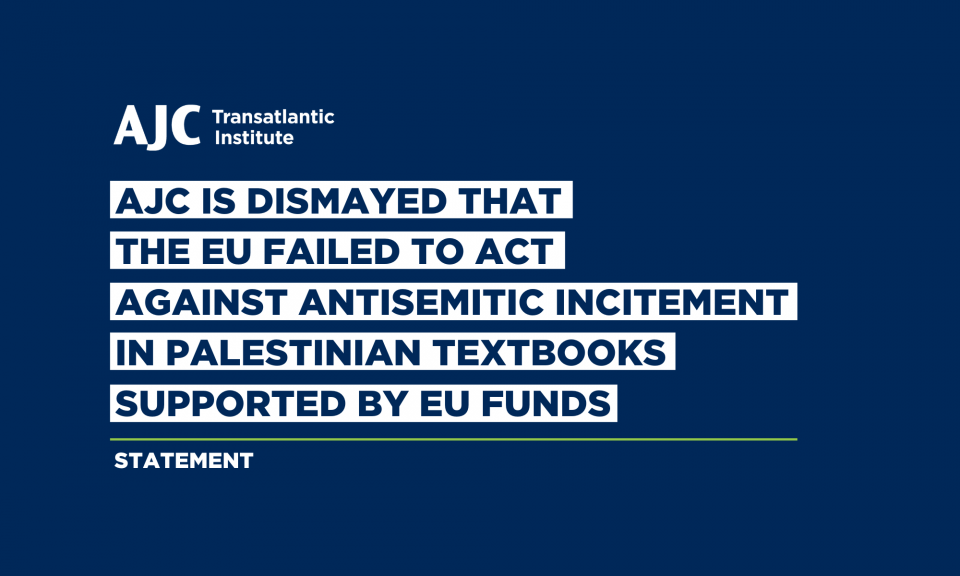Analysis
Giving a Jewish View on EU Affairs
By Toby Vogel
26 April 2012
Daniel Schwammenthal on how his experience as a journalist was a gateway to winning the job of representing the American Jewish Committee in Europe. It was Daniel Schwammenthal's “strong convictions” that led him to join the Transatlantic Institute in Brussels as director a year ago, he says. The institute, launched in 2004 by the American Jewish Committee, is in equal parts think-tank and advocacy group, and hence a good match for Schwammenthal's interests and beliefs.
By European standards – Schwammenthal is German – these lean toward the right of the political spectrum, and the institute pursues an openly pro-Israel agenda. But, Schwammenthal says, the institute's advocacy is “evidence-based” – informed by particular concerns, above all Israel, but grounded in reality. As a consequence, his time is evenly divided between research and advocacy, he says. Schwammenthal's work at the Transatlantic Institute is a seamless continuation of his previous job, as an editorial-page writer and op-ed editor with the Wall Street Journal Europe in Brussels and Amsterdam. The Wall Street Journal, and especially its opinion page, is a strong defender of a muscular American foreign policy, including steadfast support for Israel. Writing and editing opinion pieces for the Wall Street Journal was Schwammenthal's second full-time job after graduating with an LLM from the University of Manchester in 1997. He also holds a master's degree in international relations from Boston University, gained the previous year. After university, he joined Dow Jones Newswires as a reporter, first in Bonn, then – after Germany's government transferred – Berlin, and finally, in 2001, in Brussels.
“I always wanted to be an opinion writer, to express my views,” he says of his career path. “But I had this old-fashioned idea that I first had to work as a normal reporter. This idea turned out to be incorrect, but it was a good thing nevertheless.” At the Journal, his particular focus was on Germany, the Arab-Israeli conflict, Iran's nuclear programme, anti-Semitism, terrorism, and the transatlantic relationship. This, he says, was an excellent apprenticeship for his work at the Transatlantic Institute.
Long lobbying history
The institute serves as the American Jewish Committee's European Union office. “Viewed from the AJC's headquarters in New York, Brussels is on an equal footing with national capitals,” Schwammenthal says. “After the Lisbon treaty, there is evidence that Brussels has become a much more important city vis-à-vis the national capitals. It has gained clout in foreign policy. Brussels is a one-stop shop that offers access to the foreign services of 27 member states,” he says. “You don't get that anywhere else.”
The AJC and the Transatlantic Institute have an agenda that goes far beyond Jewish issues. Schwammenthal defines the institute's core interests as “human rights, democracy, and pluralism”. A “key priority” – and probably the issue on which the institute, under Schwammenthal and his predecessor, Emmanuele Ottolenghi, has had most impact – is Iran's nuclear programme. National governments in the EU, he says, now share the feeling that a nuclear-armed Iran is a threat to Israel, the Middle East, and Western interests there, something that was not always the case.
